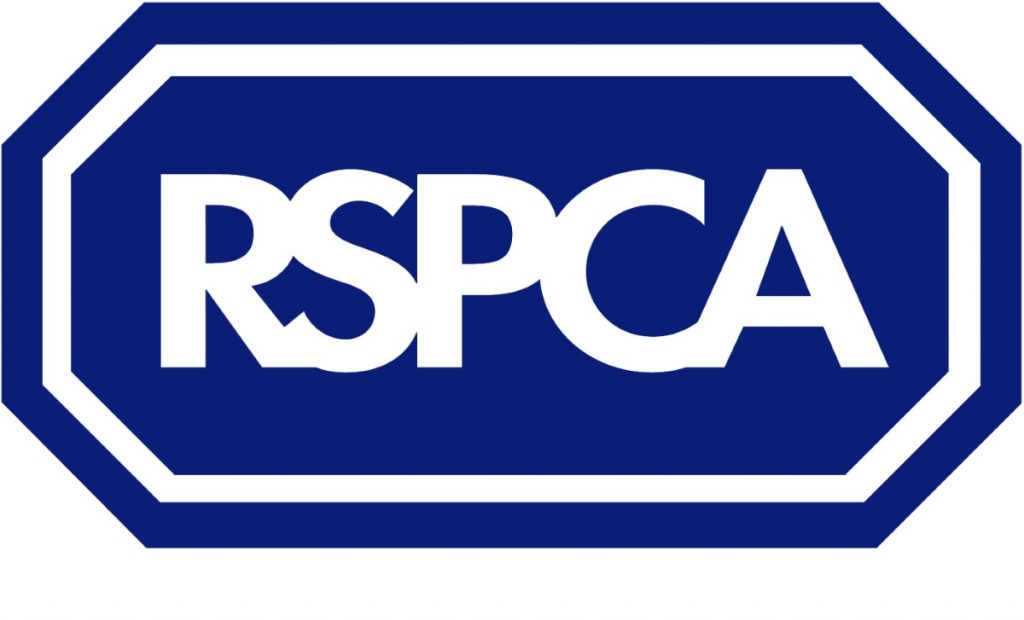‘Lack of ban on wild animals in circuses is outdated’
The RSPCA is disappointed that the UK Government Ministers have failed to include a ban on wild animals in circuses Bill in this year’s Queen’s Speech and branded the omission ‘outdated.’
The Society, alongside other animal welfare organisations The Born Free Foundation, British Veterinary Association and Captive Animals’ Protection, has long been pushing for a complete ban on the use of wild animals in circuses and it had been hoped the draft Bill would be mentioned in the Queen’s Speech today. (Wednesday)
Due to their dependency on regular travel, circuses cannot provide the sizeable and complex living conditions that are required for animals traditionally used in this way such as lions, zebras and tigers.
RSPCA head of public affairs David Bowles said: “The impact of circuses on animal welfare is serious and potentially debilitating for each and every animal involved. Animals are forced to endure the constant travel, cramped temporary cages, and noisy conditions of a circus.
“It is not a quaint tradition that harks back to Victorian times. It is an archaic and heartless practice which must be stopped completely. The lack of introduction of a complete ban is itself outdated.
“The British public have a better understanding of animal welfare than the UK Government are giving them credit for. Ninety-four per cent of people who responded to a Defra consultation on this subject wanted a ban on the use of wild animals in circuses.
“The recognition of animals as sentient beings is now widely accepted across the world and legislation is slowly catching up – except for here in the UK and it is unacceptable.
“Despite this setback we will continue to push for the ban to be implemented by the UK Government because it is a practice that needs to be abolished.”
Notes to editors
— Research shows that the conditions necessary to meet the welfare needs of animals such as elephants, tigers and lions are simply not feasible in circuses – which by their very nature involve almost constant travelling during most of the year.
— The wild animals are transported in beastwagons, which are restricted to the maximum size of a lorry permitted on roads. They are housed in small, barren temporary enclosures for 90-99% per cent of the day which are, on average, about 1/4 of the size of those recommended in zoos. Some animals are simply tethered to a peg on the ground – unable to move a few metres or to socialise with others.
Loading and transport, which are well known stressful events even for experienced animals, occur on a weekly basis for the 5-10 months circuses travel around the country. Researchers granted access to circuses have reported high levels of behaviour in animals being transported indicative of welfare problems – such as tigers pacing back and forth and elephants weaving from side to side.
— European neighbours Austria, Belgium, Bulgaria, Croatia, Cyprus, Greece, Slovenia as well as several countries further afield (Bolivia, Colombia, Costa Rica, Israel, Paraguay, Peru, Singapore) have all successfully banned the use of wild animals in circuses. Malta, Slovakia, India, Czech Republic, Sweden, Hungary, Finland, Ecuador and Denmark also have imposed bans on key species and Portugal has banned circuses breeding their existing wild animals or acquiring any new ones. Estonia and Poland have banned the use of all wild-caught animals.
— The public have made their feelings on this issue clear. Of more than 10,500 analysed responses to its 2010 consultation, 94% favoured a ban, including representatives of zoo and veterinary professions.





-01.png)